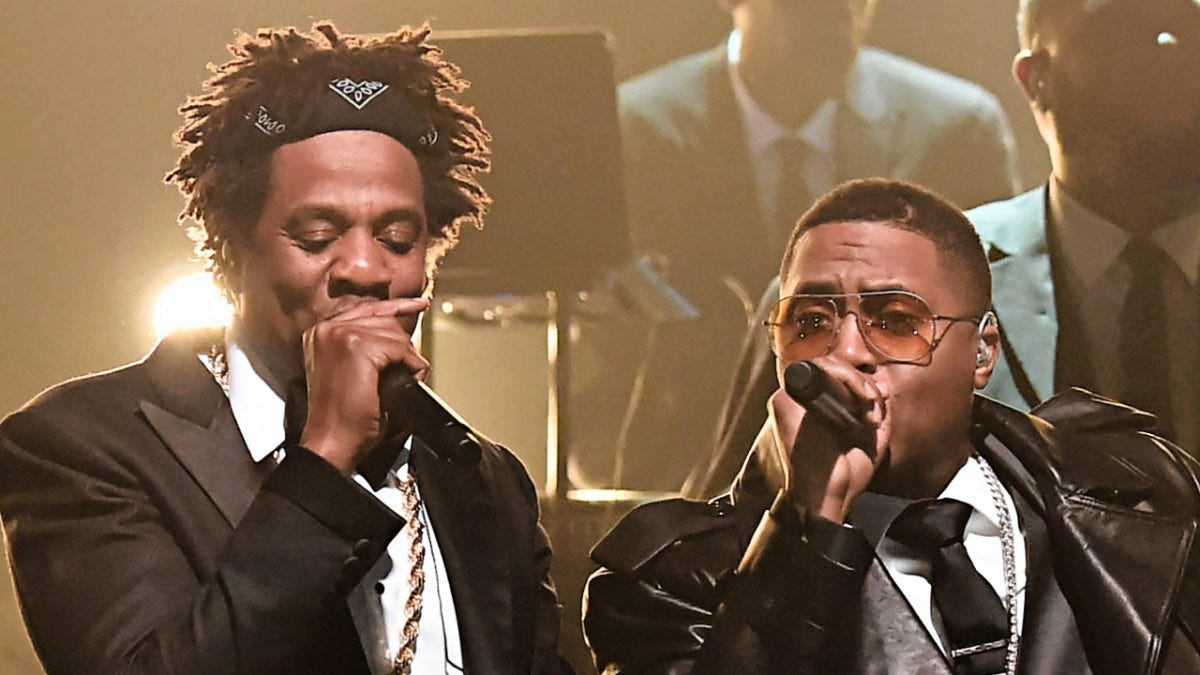In the dynamic landscape of hip-hop, diss tracks serve as potent tools for artists to assert dominance, settle scores, and ignite controversies. Originating from the streets of New York in the 1970s, diss tracks have evolved into a cornerstone of rap culture, embodying the genre's competitive spirit and expressive prowess.
At their core, diss tracks are lyrical missiles aimed at targeting adversaries with razor-sharp rhymes and scathing insults. These tracks often arise from personal feuds, territorial disputes, or clashes within the hip-hop community. From Tupac Shakur's "Hit 'Em Up" to Nas's "Ether," iconic diss tracks have left an indelible mark on the genre, sparking intense rivalries and captivating audiences worldwide.
One of the most legendary feuds in hip-hop history unfolded between Tupac Shakur and The Notorious B.I.G. Their bitter rivalry culminated in a series of diss tracks, with "Hit 'Em Up" as a pinnacle of aggression and provocation. Tupac's relentless attacks on Biggie and his associates sent shockwaves through the rap world, cementing his status as a force to be reckoned with.
Similarly, Nas's "Ether" is celebrated as a masterclass in lyrical warfare, aimed squarely at Jay-Z during their feud in the early 2000s. With biting insults and clever wordplay, Nas dismantled Jay-Z's persona, igniting debates among fans and solidifying his own legacy in the process.
Beyond personal vendettas, diss tracks also serve as platforms for social commentary and cultural critique. Kendrick Lamar's "Control" verse, for instance, sparked controversy by calling out fellow rappers and challenging them to elevate their craft. By asserting his dominance in the rap game, Lamar reignited discussions about skill, authenticity, and competition within the industry.
However, with the rise of diss tracks comes the risk of escalation and real-world consequences. While feuds like Tupac vs. Biggie have become legendary, they were also marred by violence and tragedy, highlighting the potential dangers of unchecked animosity within the hip-hop community.
Hip-hop diss tracks are more than just musical skirmishes—they are manifestations of artistic expression, cultural commentary, and interpersonal conflict. As long as there are egos to bruise and points to prove, diss tracks will continue to captivate audiences and shape the ever-evolving landscape of hip-hop. Yet, amidst the spectacle, it is essential to recognize the power of words and the impact they can have both inside and outside the recording booth.






